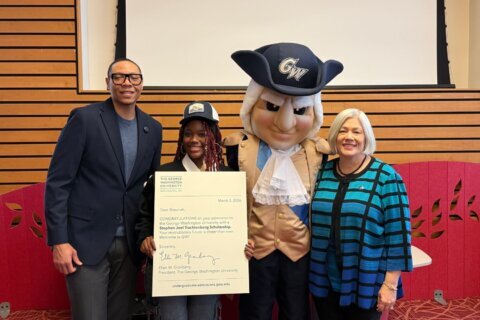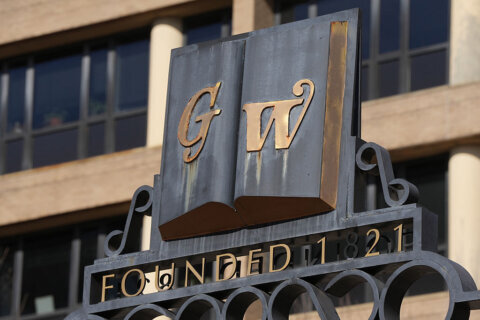Friday is Emancipation Day in D.C. and faith leaders celebrated the holiday by talking about how they can help the community address racial inequalities.
A panel discussion hosted by D.C. Mayor Muriel Bowser’s office featured faith leaders from across the country centering around Emancipation Day and commemorating the abolishment of slavery in the District.
The virtual event titled “From Enslavement to D.C. Statehood: Representation, Identity, and Diversity 51 Faith Leaders for Statehood” looked at exploring the path forward in the quest for racial equality and social justice.
Social Justice Pastor Rev. Stephen Green of the Greater Allen A.M.E. Cathedral of New York said religious leaders can help by encouraging people to talk about the past and take action for the future.
“We have to ensure that we are a part of this collective fight,” Green said.
“I’m glad we talked about this idea of connections, but also recognizing the importance of creating a culture of civic engagement,” Green said.
Rabbi Hannah Goldstein of D.C.’s Temple Sinai said it’s about educating the community about the roots of inequalities as statehood for the District is back in the conversation.
“Statehood has always been connected to racism and the denial of statehood and the denial of the vote has always been connected to racism,” said Goldstein.
Faith leaders explored their roles in racial equality and answered questions on what the might look like.
Talib Shareef, president of the Nation’s Mosque, said that leaders in religious communities have a unique opportunity to connect people.
“Faith leaders have a responsibility to be out in front of this,” Shareef said.
“If you don’t have representation, if you’re not at the table, that means those concerns cannot be represented. So faith leaders have a pivotal, ethical responsibility to connect people to their creative life and their responsibility,” he added.








